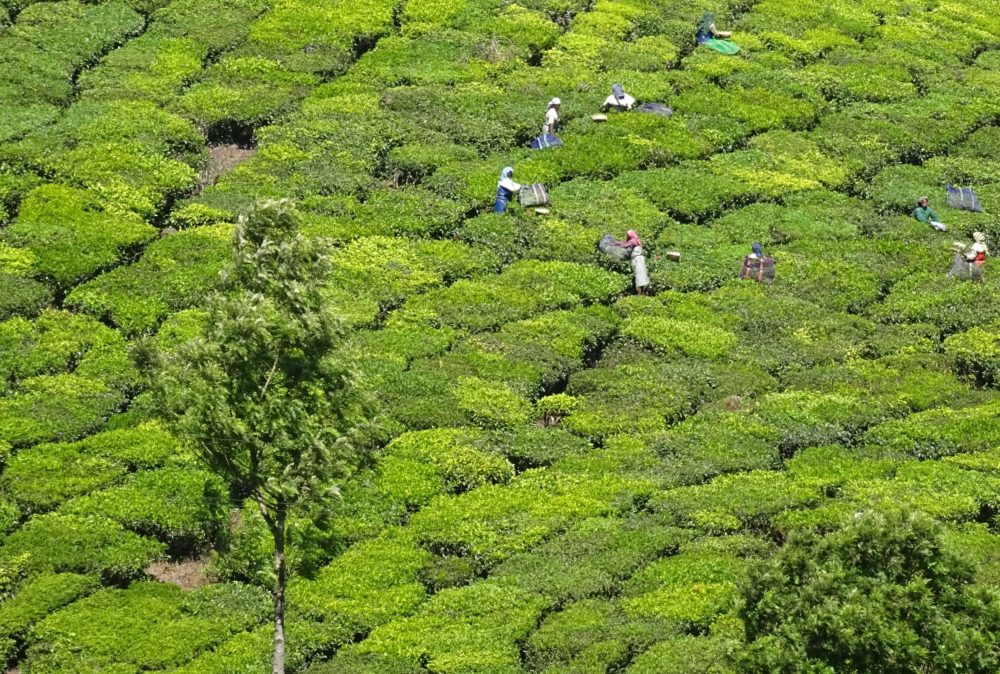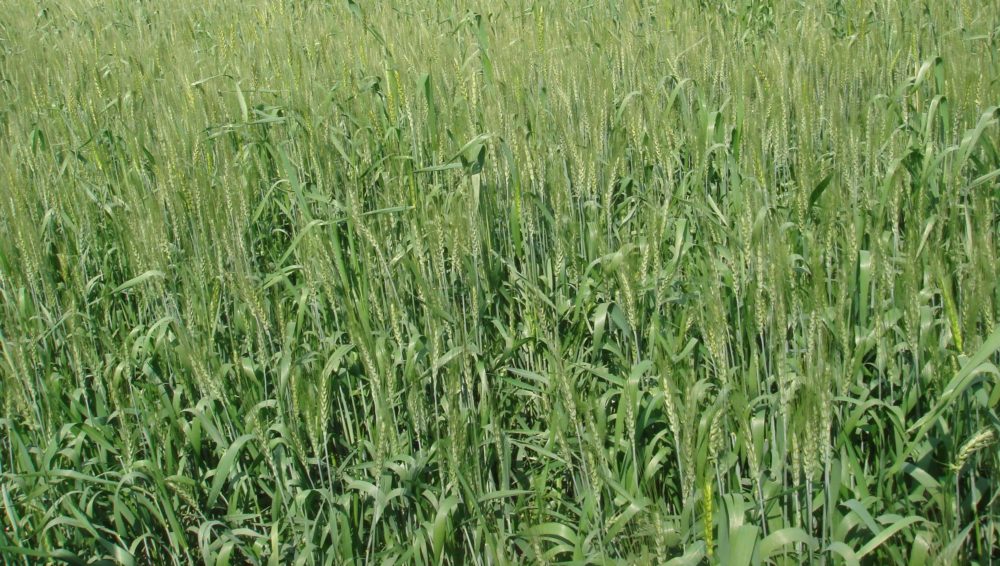By Neena Bhandari
Sydney, 01.07.2021 (SciDev.Net): While increased agriculture production has reduced hunger, it is also linked to unhealthy diets and increased emissions that are severely affecting human health, says a study.
Published in Environmental Research Communications, the study focuses on the integrated assessment of global climate, air pollution and health impacts of food production and consumption.
“Changing global food consumption patterns towards healthier diets would see reductions in air pollution and greenhouse gas emissions, and dietary health benefits,” says Chris Malley, lead author of the study and senior research fellow at the Stockholm Environment Institute’s (SEI) office at the University of York in the UK.
As many as 640,000 premature deaths are associated with high red meat consumption in East and South-East Asia, according to the study. An estimated 4.1 million deaths in 2018 were associated with dietary health risks, 6.0 million with overweight or obesity, and 730,000 infant deaths resulted from malnutrition.
Continue Reading on SciDev.Net
© Copyright Neena Bhandari. All rights reserved. Republication, copying or using information from neenabhandari.com content is expressly prohibited without the permission of the writer and the media outlet syndicating or publishing the article.


